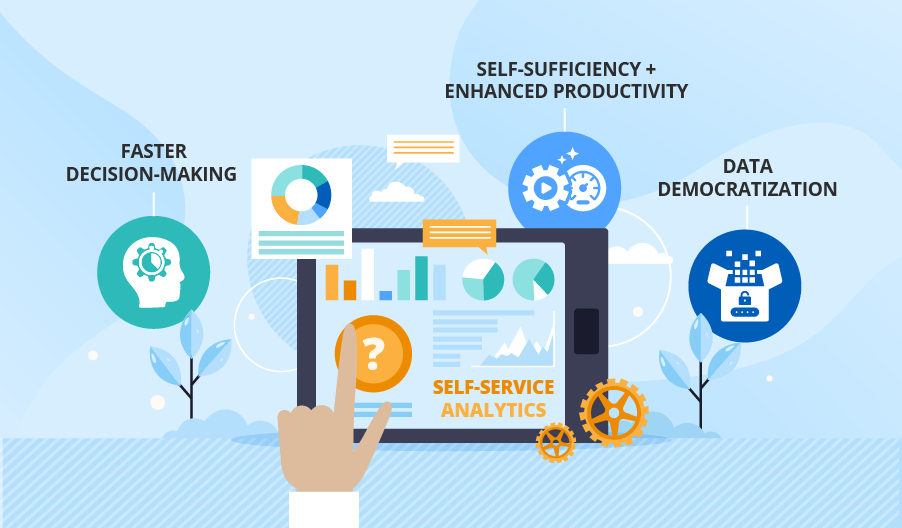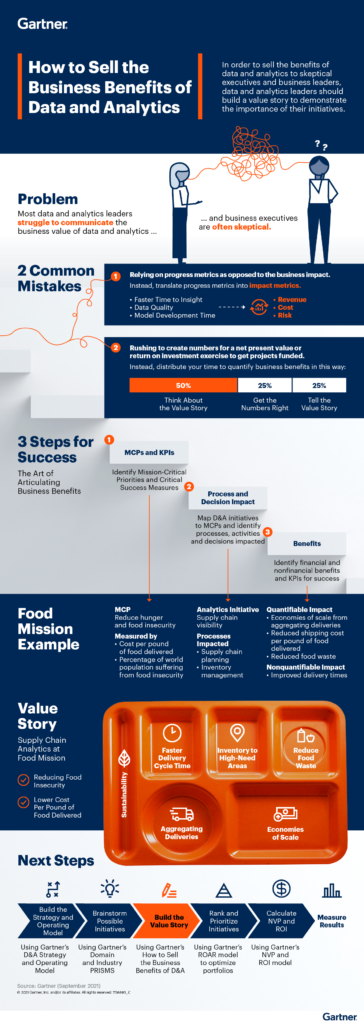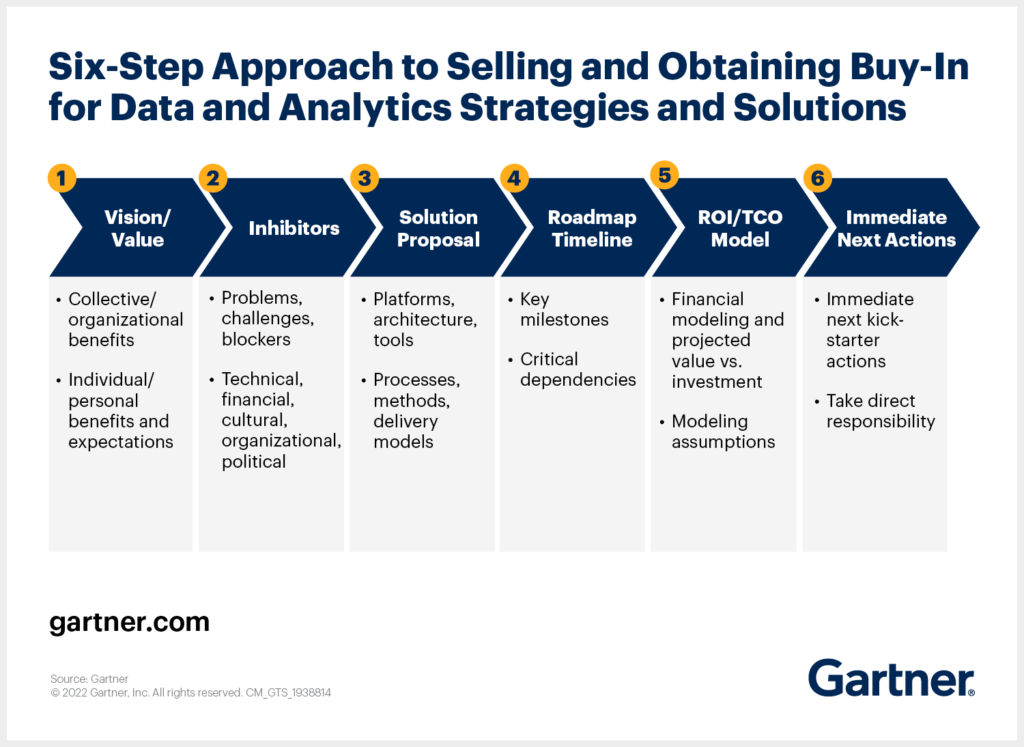In today’s data-driven world, data analytics has become a buzzword among professionals. With the explosion of big data, businesses are increasingly relying on data analytics to make informed decisions and gain a competitive edge. However, the question that often arises is whether data analytics is hard to learn. Some may argue that it’s a complex subject that requires extensive technical knowledge, while others believe that it’s accessible to anyone with a curious mind.
At its core, data analytics is the process of examining data sets to extract meaningful insights and draw conclusions. It involves using statistical and computational methods to analyze data, identify patterns, and make predictions. While it may seem like a daunting task, the truth is that anyone can learn data analytics with the right resources and mindset. In this article, we’ll explore some of the factors that determine the difficulty level of data analytics and provide some tips on how to approach learning this valuable skill.
Data analytics is not hard to learn if you have the right resources and practice. Depending on the type of data analytics you wish to learn, there are various types of courses and tutorials available online. A general understanding of mathematics and statistics is helpful, but not necessary. You will also need to have a good command of the software tools used for data analysis, such as Excel and SQL. With a combination of the right resources and practice, data analytics can be easily learned.

Is Data Analytics Hard to Learn?
Data analytics is a highly sought-after skill in today’s job market, but is learning data analytics difficult? The answer is both yes and no. It depends on your approach, the amount of time you’re willing to invest, and the way you go about mastering the skill. Here’s a closer look at the complexities of learning data analytics.
The Complexity of Data Analytics
Data analytics is a complex field. It requires knowledge of a variety of tools and techniques, from basic statistics to advanced machine learning algorithms. It also requires an understanding of the underlying principles of data analysis, such as data cleansing, data preparation, and data visualization. All of these aspects are essential for mastering the skill of data analytics.
At the same time, data analytics can be quite rewarding. It provides the opportunity to uncover insights and trends in data that may not be visible to the naked eye. It can also be used to provide predictive analytics, which can be invaluable in decision-making.
The Time Investment Required
Learning data analytics is no small feat. It requires a considerable amount of time and dedication. It’s important to understand that learning data analytics is not a “quick fix”—it’s a long-term investment that requires patience and discipline.
The amount of time it takes to become proficient in data analytics will vary from person to person. It’s important to set realistic goals and to be patient. It’s also important to be willing to constantly learn and adapt to new technologies.
The Resources Available
Fortunately, there are a number of resources available to those looking to learn data analytics. There are online courses, books, tutorials, and even conferences dedicated to the subject. Additionally, there are numerous forums and communities where data analysts can connect with one another and share their experiences.
It’s important to remember that data analytics is a constantly evolving field. As such, it’s important to stay up to date on the latest tools and techniques. Additionally, it’s important to carefully evaluate the resources available and choose those that are most relevant to your goals.
Understand Your Goals
Before embarking on a journey to learn data analytics, it’s important to understand your goals. What type of data analyst do you want to become? What type of data do you want to analyze? What type of projects do you want to work on?
These are important questions to consider before getting started. Once you have a clear understanding of your goals, you can begin to look for resources that can help you reach them.
Start With the Basics
When learning data analytics, it’s important to start with the basics. Learning the fundamentals of data analysis—such as basic statistics, data cleaning, and data visualization—is essential to becoming a successful data analyst.
It’s also important to understand the various tools and techniques available and how they can be used to solve data-related problems. Additionally, it’s important to develop a strong understanding of the underlying principles of data analysis.
Practice, Practice, Practice
The best way to learn data analytics is to practice. It’s important to find real-world data sets and apply the tools and techniques you’ve learned to solve data-related problems. This will help you understand the nuances of data analysis and develop your skills.
It’s also important to keep up with the latest trends in data analytics. This can be done through reading blogs and articles, attending conferences and webinars, and participating in online forums and communities.
Conclusion
Learning data analytics is not easy, but it can be done with the right approach and resources. It requires a considerable amount of time and dedication, but the rewards can be well worth the effort. It’s important to understand your goals, start with the basics, and practice, practice, practice. With the right mindset and resources, anyone can learn data analytics.
Frequently Asked Questions
Data analytics is an ever-evolving field that requires constant learning and adaptation of new technologies. This article answers five common questions related to the difficulty of learning data analytics.
Is Data Analytics Hard to Learn?
Data analytics can be difficult to learn for some people, depending on their background and the amount of time they are willing to dedicate to the task. People with a degree in mathematics, statistics, or computer science will have an easier time getting started, while those without these qualifications may find the learning process more challenging. However, with the right resources and dedication, anyone can learn the fundamentals of data analytics.
The most important thing to remember is that data analytics is an iterative process. It requires an understanding of the data being analyzed, the methods used to analyze it, and the results the analysis produces. As the data analyst gains experience, they will become more familiar with the process and be able to work more quickly and efficiently. With practice, data analytics can become second nature.
What Skills are Needed for Data Analytics?
Data analytics involves a variety of skills and techniques, from data collection and cleaning to analysis and visualization. To be successful in data analytics, it’s important to have a strong foundation in mathematics, statistics, and computer science. Additionally, it’s important to be familiar with the tools and techniques used in data analysis, such as programming languages like Python, R, and SQL. Finally, it’s important to have strong problem-solving and communication skills, so that the data analyst can effectively communicate their findings to stakeholders.
However, the skills needed for data analytics go beyond the technical. It’s important to be able to think critically and apply creative solutions to data problems. Additionally, data analysts must be able to interpret the results of their analysis and explain them in a way that is understandable to non-technical audiences.
What Are the Benefits of Learning Data Analytics?
Learning data analytics can have many benefits, both professionally and personally. Professionally, data analytics can open up new opportunities in fields such as marketing, sales, finance, and business intelligence. It can also be used to improve the efficiency and profitability of a business. On the personal side, data analytics can help individuals make better decisions, better understand their data, and gain insights that would otherwise be difficult to obtain.
Additionally, data analytics can help people develop valuable skills such as problem-solving and critical thinking. By learning data analytics, individuals can become better equipped to make data-driven decisions and solve complex problems.
How Long Does it Take to Learn Data Analytics?
The amount of time it takes to learn data analytics depends on the individual and their background. For those with a degree in mathematics, statistics, or computer science, the learning process can be accelerated, as they already have a foundation of knowledge. For those without such qualifications, however, the learning process may take longer.
In general, it can take anywhere from a few months to a few years to become proficient in data analytics. It depends on the amount of time and effort the individual is willing to put into learning the necessary skills and techniques. The more time and effort the individual is willing to invest, the faster they will become proficient in data analytics.
What Resources are Available for Learning Data Analytics?
There are numerous resources available for learning data analytics, both online and in-person. Online resources include websites, tutorials, and courses. Sites such as Coursera and Udemy offer a variety of courses for those interested in learning data analytics. Additionally, there are many books, blogs, and podcasts dedicated to data analytics.
In-person resources include bootcamps, conferences, and seminars. Bootcamps provide a comprehensive introduction to data analytics, while conferences and seminars offer more in-depth information on specific topics. Additionally, many universities offer courses in data analytics, and some even offer dedicated degrees in the field.
In conclusion, data analytics is undoubtedly a complex and challenging field to learn. It requires a combination of technical skills, critical thinking, and creativity. However, with the increasing demand for data-driven decision-making in various industries, learning data analytics can be a valuable investment for your career.
While it may seem daunting at first, there are many resources available to help you learn data analytics, from online courses to academic programs. With dedication, persistence, and a willingness to learn, anyone can acquire the skills needed to become a proficient data analyst. So, if you are considering a career in data analytics, do not be discouraged by the challenges. Instead, embrace them as opportunities for growth and development, and you may find yourself on the path to a rewarding and fulfilling career.



